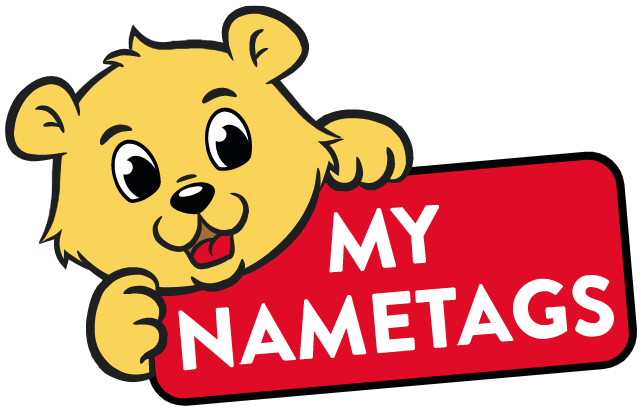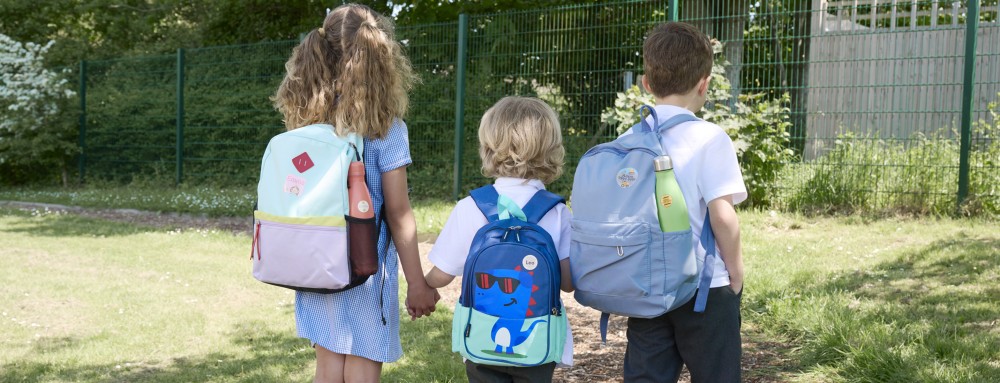There’s nothing more frustrating than losing a treasured possession. Aside from being upsetting, it also wastes time, money and has a negative impact on the environment.
Despite this, our research shows that British families are misplacing more items than ever before. In fact, the average child loses 13 items every single year. This equates to a whopping 132 million items lost annually by children in the UK.
There are lots of simple tricks that can help your children to keep track of their prized possessions. Here, we offer our top tips to help your family stop losing things.
Top Tips for Preventing Lost Items:
1. Create designated compartments in your children’s bag
Patterns are incredibly effective in helping children to learn. So, encouraging your child to pack everything away in the same place and in the same order each day will quickly reinforce the importance of remembering their belongings. This activity will soon become a part of their daily routine, meaning they are much less likely to forget things
2. Use name labels
Labelling items makes it much easier for people to return them if they become lost. This is especially important for possessions that are regularly taken out of the home. We recommend including both a name and a phone number on your name label so that people can contact you if they find your lost item. Our stick-on name labels can be applied in seconds and have been designed to withstand the rigors of daily school life, helping to ensure your family is reunited with any items that become temporarily lost.
3. Stay organised
It’s much easier to misplace things if you are surrounded by clutter. Just like the compartments in your child’s bag, try to establish clear places at home for all of your items and encourage the whole family to place things back in their designated spot when they’re not being used. If the space is tidy and everything is in its rightful spot it will be far easier to locate items if they do become lost.
4. Keep small objects in a pocket or purse with a zip
Small items are the easiest to lose as they can slip out of bags and pockets without being noticed. Keeping all of your small items, such as toys, money, or jewellery in a designated pocket or purse with a zip will ensure they are safe whilst your child is out and about.
5. Do a double
Before leaving the house, school, or nursey, get your child in the habit of double-checking that they have everything, it’s easier to find lost items when they first go missing than later down the line. Getting your child to practice this from a young age will help them form the habit, preventing the heartache of lost items later in life too.
6. Attach a smart finder
Smart finders are small Bluetooth devices that attach to your belongings and are a great option for keeping track of your family’s more valuable possessions. Smart finders use technology to track your item wherever it goes, helping you to locate it if it becomes lost. Plus, they have small speakers to alert you by sound if your item is in close proximity.
7. Buy less
The more items you have, the easier it is to lose track. Having unnecessary duplicates of certain toys and clothes also has a negative impact on the environment. Instead, aim to buy fewer, quality items that will last longer and be easier to keep track of. Avoiding having too much ‘stuff’ will also help your child to learn the value of their belongings, making them more likely to take good care of them.
8. Don’t give up
When items do become lost, it’s always worth having a thorough look before replacing them. Encouraging your child to join in the search will help to teach them about the importance of looking after their things. Plus, if you’re successful you will save yourself time, money, and improve your carbon footprint.
For more tips on reducing the environmental impact of your belongings, read our top tips for making clothing last longer.




